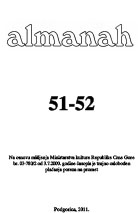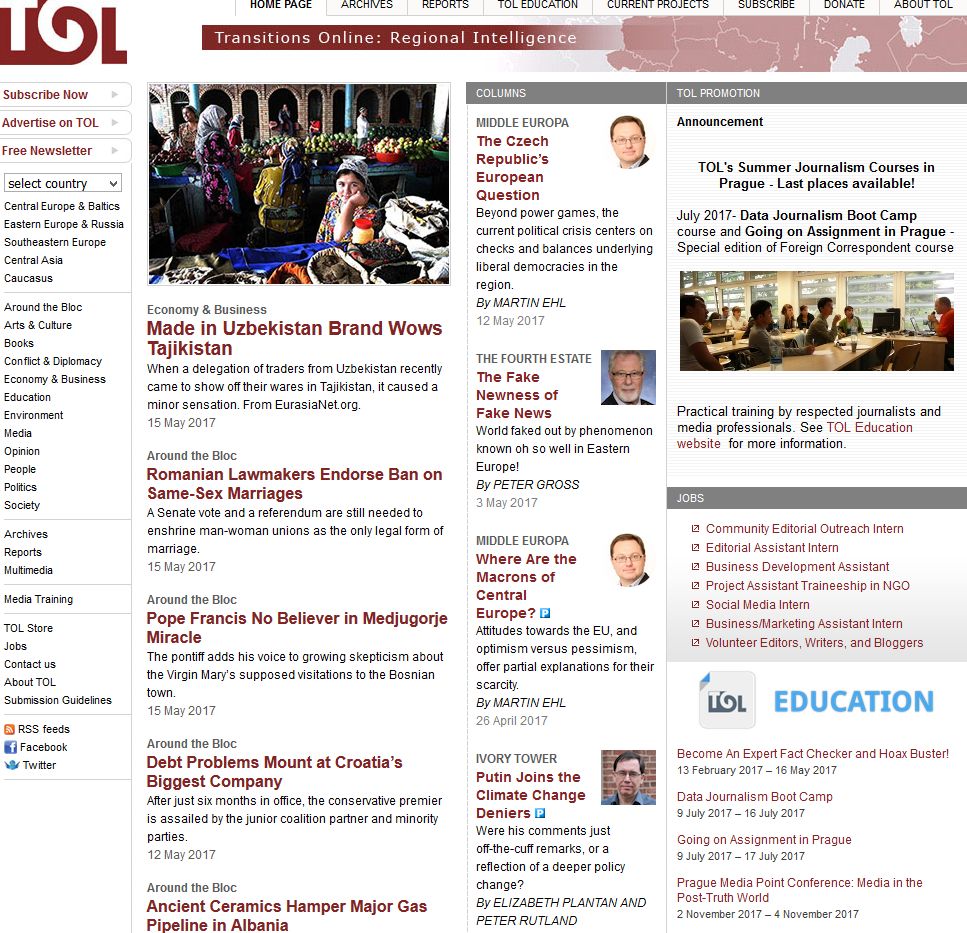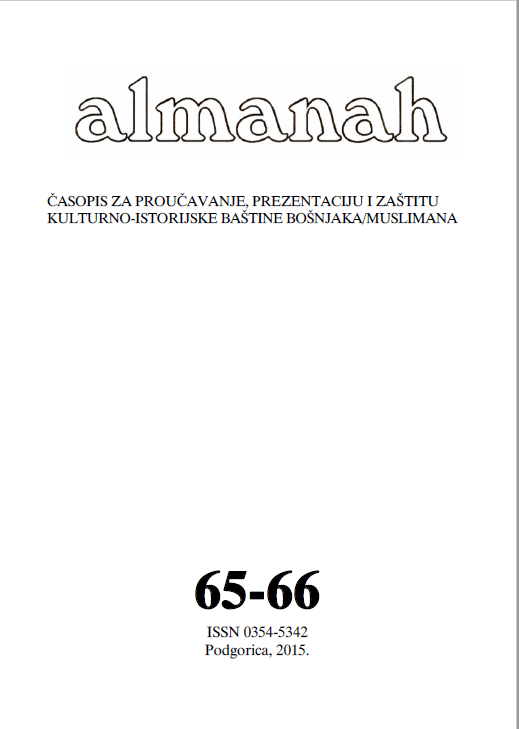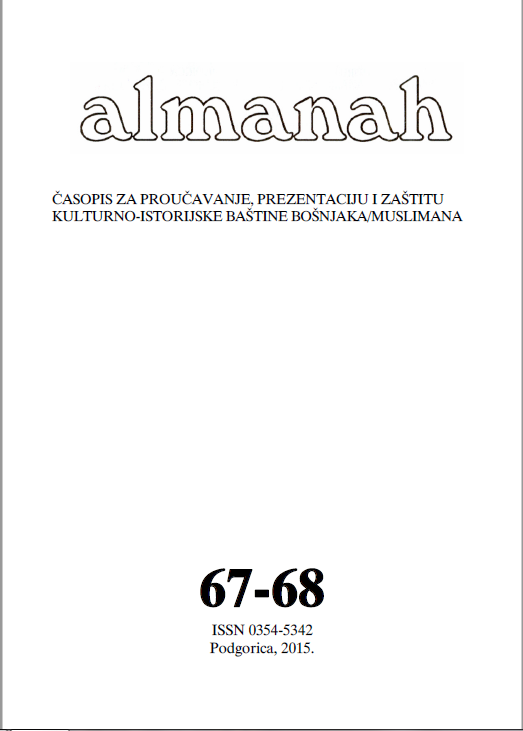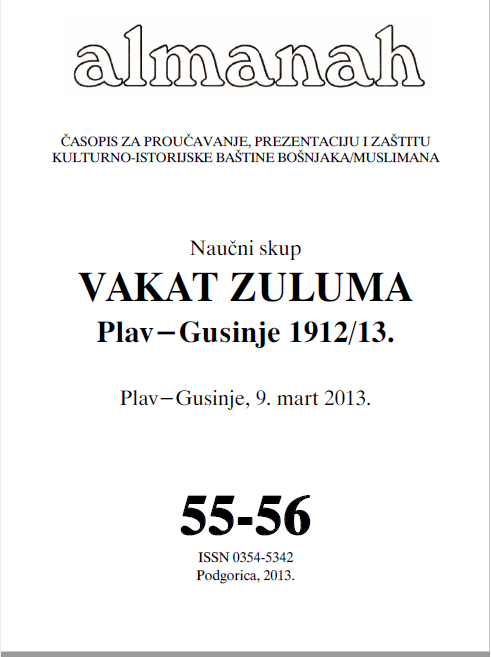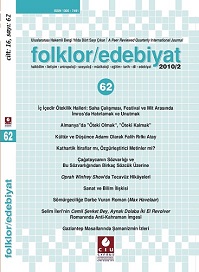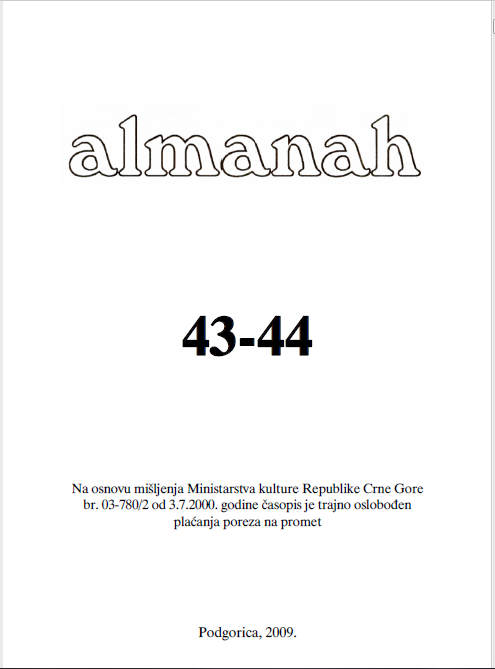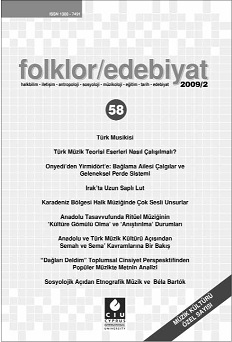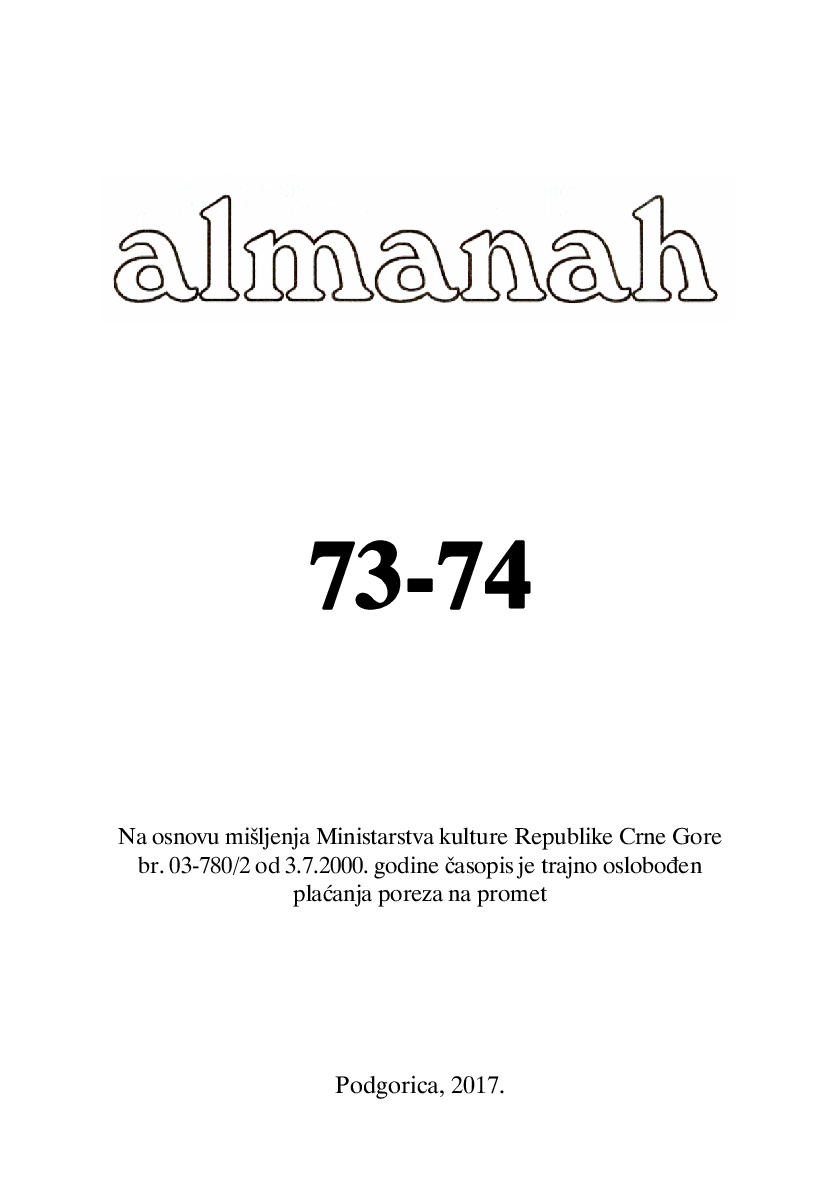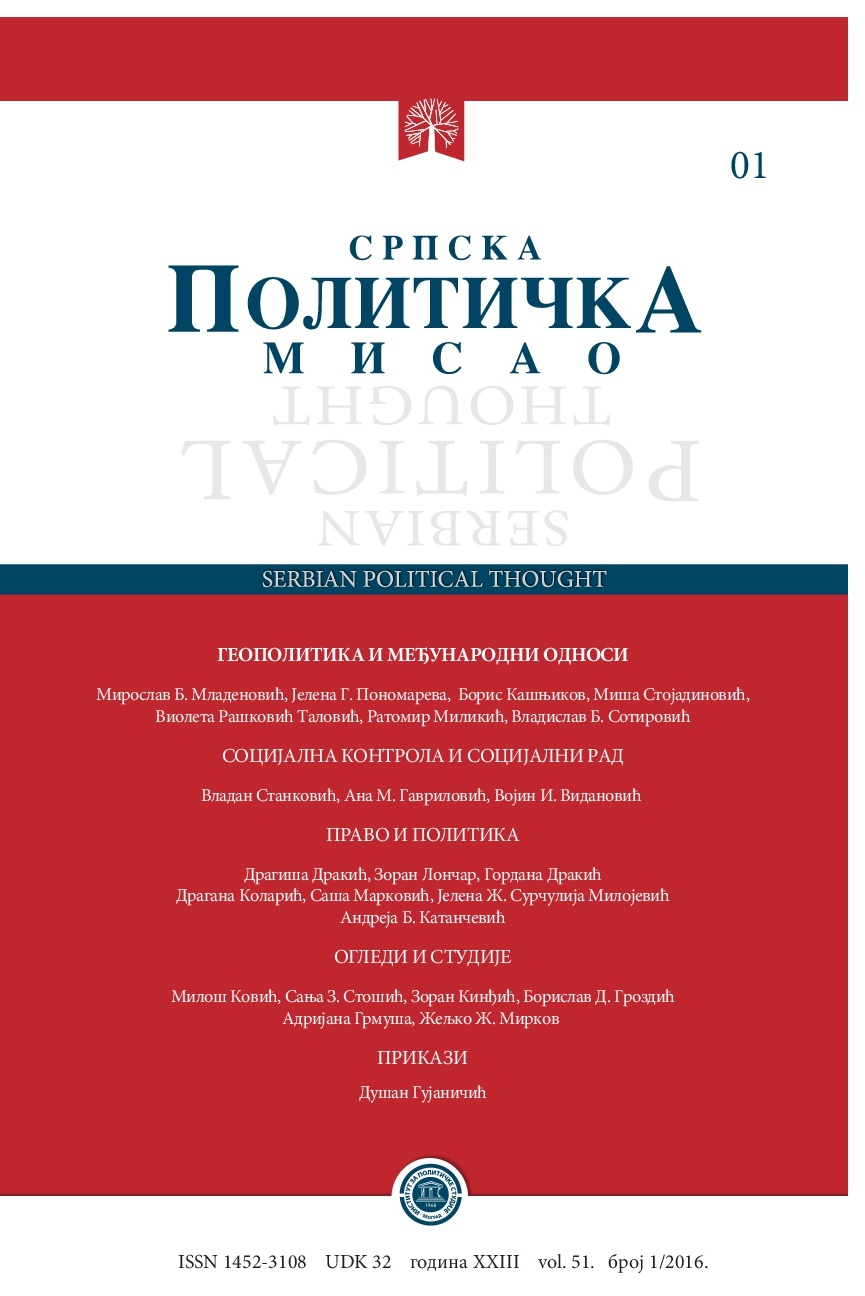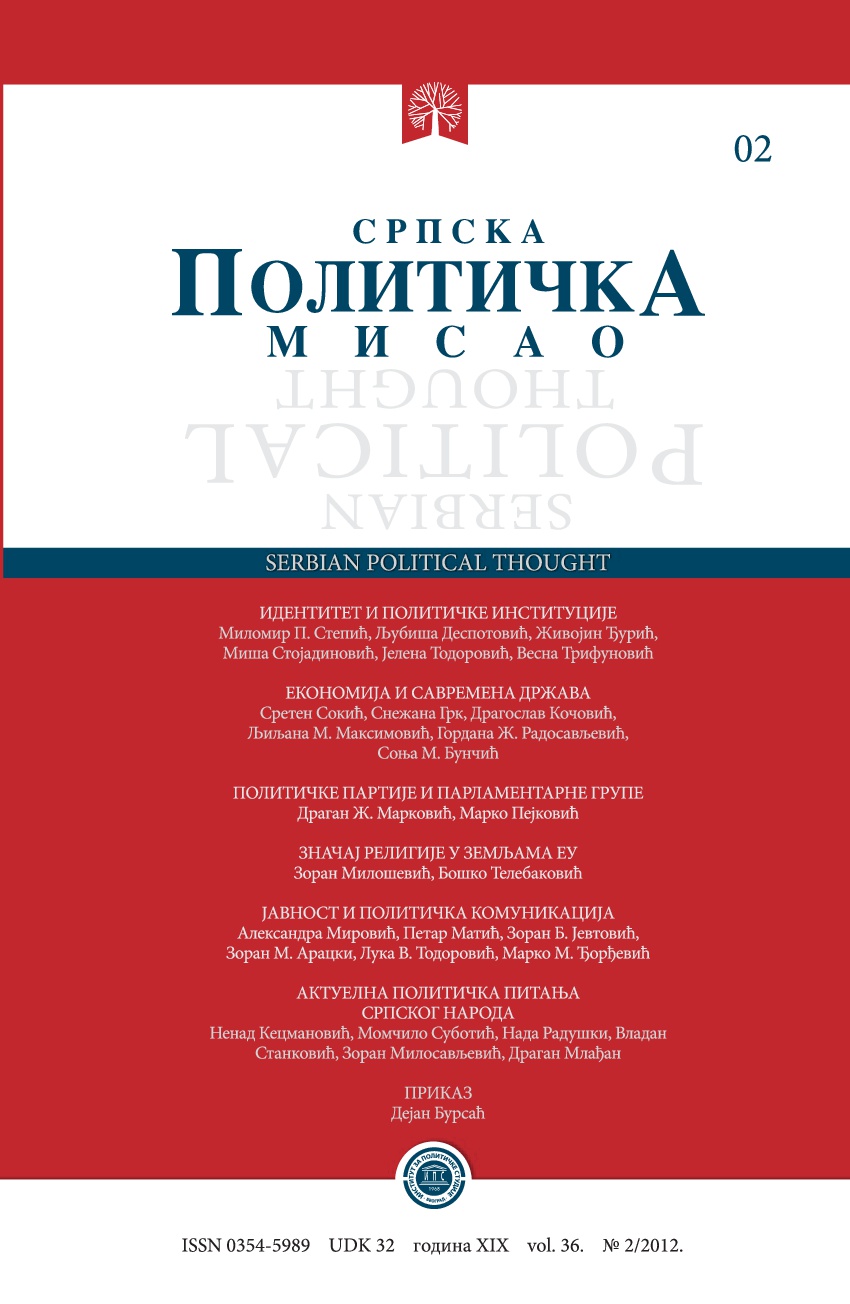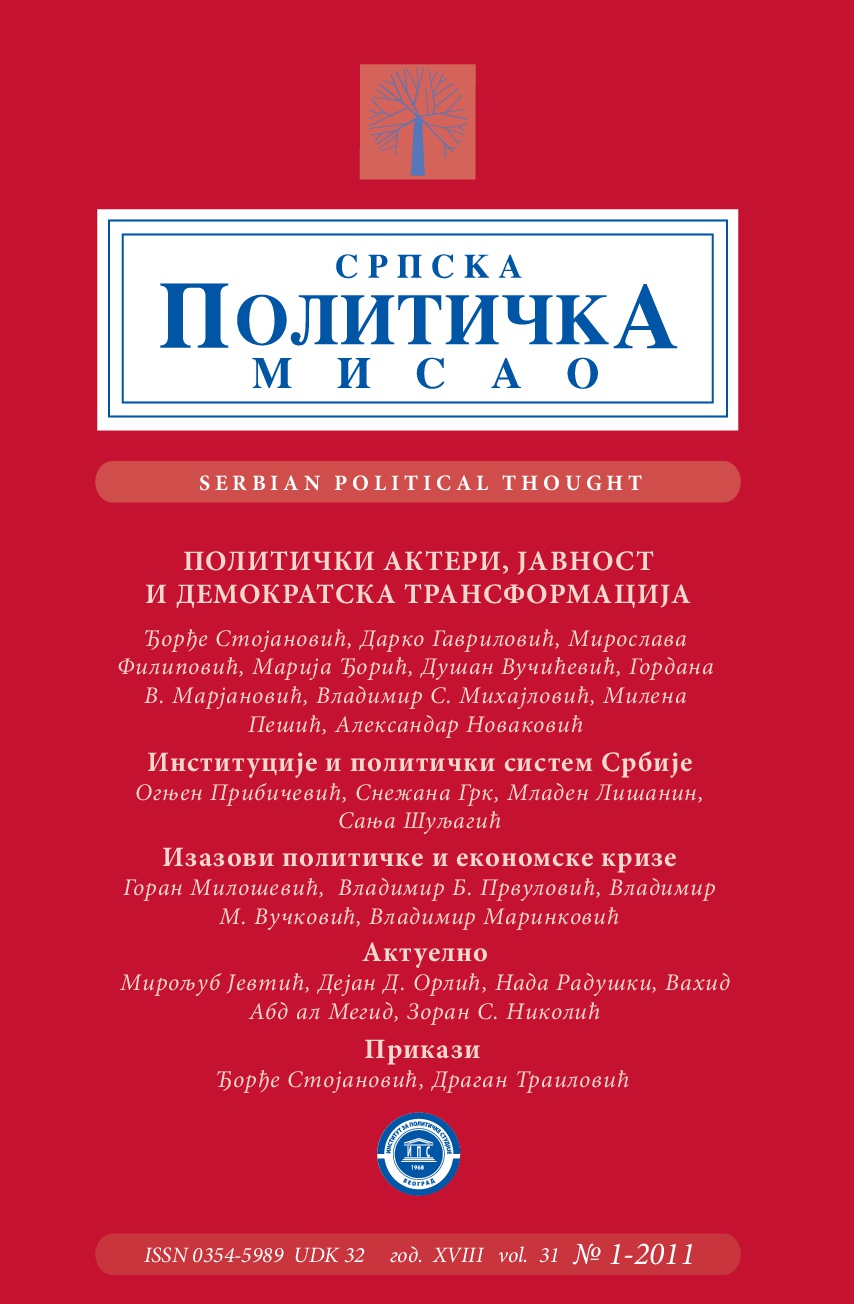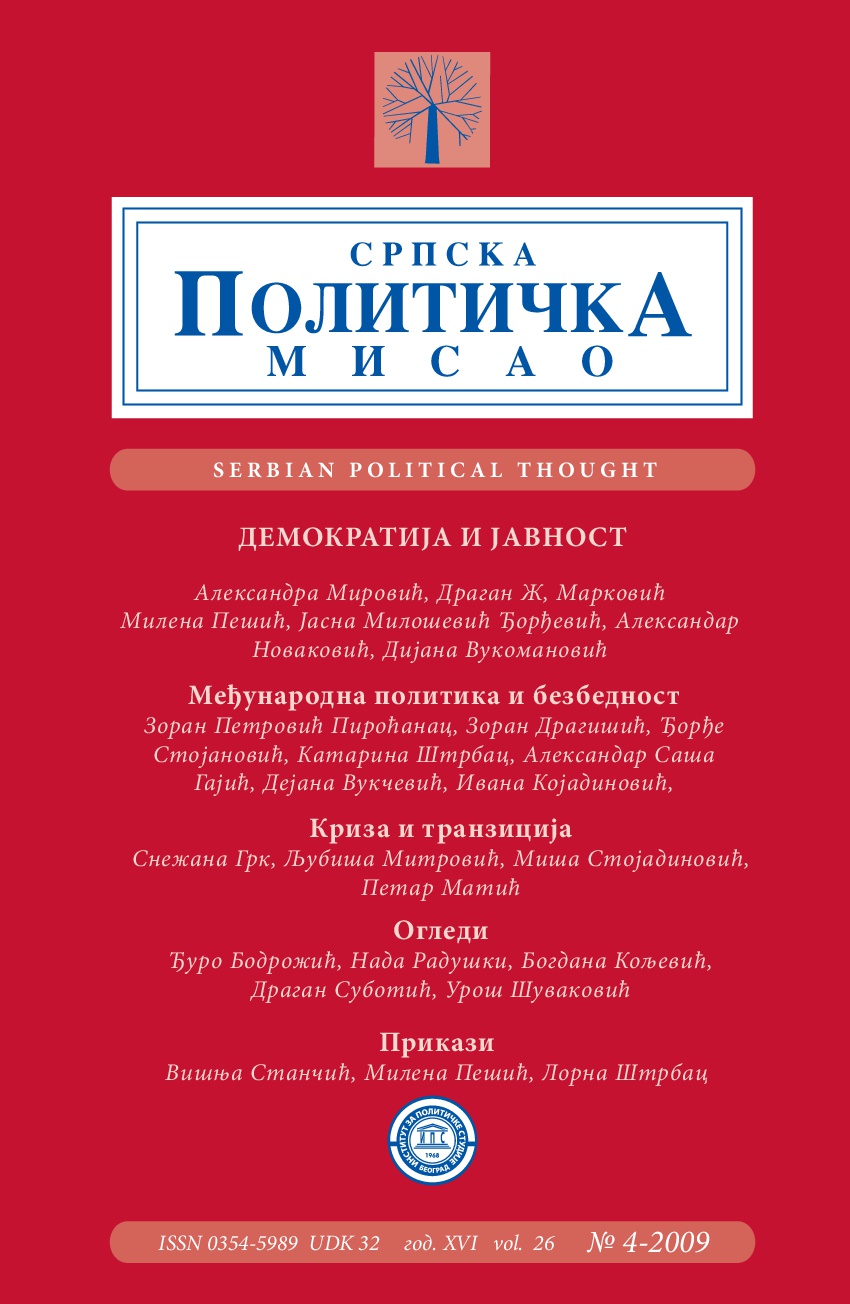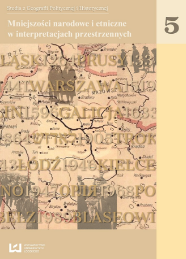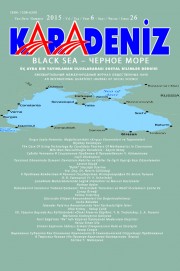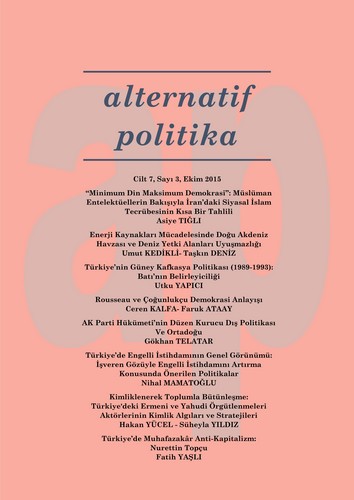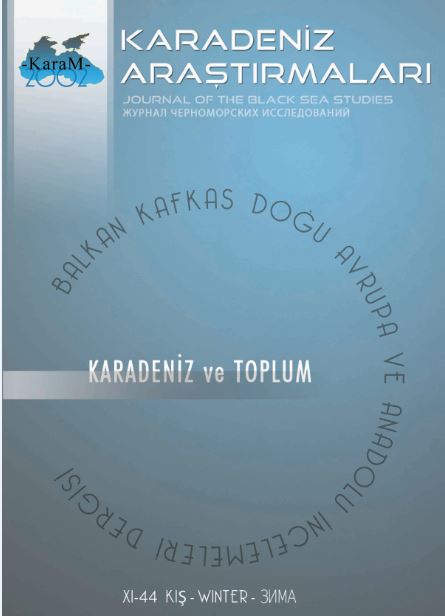Author(s): Cihangir Terzi / Language(s): Turkish
Issue: 58/2009
The worker migration from Turkey to other industrialized countries of Europe, mainly Germany, which started about half a century ago upon October 31, 1961 Agreement, have become the largest national group of migrants over time in terms of population in European Union. This group have grown during the years and in addition to exceeding the population and numbers of houses in some countries which are European Union members in socio-demographic terms, it nearly became an actual member of European Union by outpacing some European countries in terms of economic contribution during the period of progressing from workmanship to entrepreneurship. Similar to the results of the migration wave from villages to cities in Turkey in 1940’s, a literature type named “Migrant Literature” and a musical culture have appeared, which especially express the longings, pains and expectations experienced by the migrant society. At first, the products of the said literature and musical culture which generally tell the themes of separation, longing and homesickness for Turkey, started to tell the injustices, social exclusions, cultural in adaptations and other feelings within Germany in a distinctive manner and reflected to folk songs, songs, movies, novels, newspaper articles, poems, and even television shows and commercials nowadays. Musical culture of the Turks living in Germany had its share from the natural reflections of society in the time tunnel which lies from past to now and stuck between two countries as their life styles. Except the understanding of musical culture which is performed, listened, caused to be listened and produced generally in traditional norms imported from Turkey or in casual popular music style, an important expansion in contemporary standards could not be made. The music courses which are carried out generally in an uncontrolled way without instructors in Turkish education centers, Turkish houses, various cultural and art centers, cemevis (house of gatherings), various associations and fraternities and very few private institutes and conservatories that have been scattered across several cities of Germany, could not adapt the education level of traditional or contemporary Turkish music to the institutional standards within the scope of the systematics of the conservatories in Germany. In addition to this, the music types like Turkish folk music, arabesque, fantasy music, Turkish pop and rock music, original music and art music, which are played and listened in places like night clubs, wedding halls, folk music bars, restaurants with music, cafes, discos etc. established mostly for commercial reasons, generally continued their way as entertainment music in market conditions. Turkish migrant society who accumulated and rooted especially in Germany established a considerable status and economic power over a period of half a century by protecting its sociogenetic characteristics, socio-psychological habits and conservative family structure carried from Anatolia. However, despite the population increase and economic development, due to the failure of having activated the sincere, rationalist and effective education and culture adaptation policies from which primarily Germany and Turkey were responsible, sufficient progress could not be made in terms of social education level, artistic and scientific productions and cultural activities. As a result, although it constitutes an important color in the multicultural social palette of Europe, a partially problematic process was started in adapting to European society due to the mentioned reasons. Today, the mixture of distant and different minority cultures living in Europe in general has reached a scary level for especially the highly migration-receiving countries. In this context, primarily in Germany and other European countries, which have concerns about the future of their own societies, integration and assimilation concepts have started to come up frequently and lead to intense discussions. As a result of our observations in Germany in this regard and considering the purposes and contents of discussions, it is seen that the opinions of conservative politicians in general is a mono-culture ( Monokulturella Geselschaft ) society model focused on a more dominant German culture, although not having been expressed explicitly. Opinions of the culture people who are free from political diversions and compulsions are lined up with integrative culture society and multicultural society models (Kulturintegrative Geselschaft und Multikulturella Geselschaft). Generally accepted approach among academic and intellectual groups is a multicultural society model which also respects the minority cultures (Minderheitenkultur) within the multicultural structure, is in harmony with requirements of mutual life, has legal and democratic rights, is capable of expressing its cultural background, has a distinctive personality, but bears a citizenship conscious within the state systematic and respects the constitution.
More...


